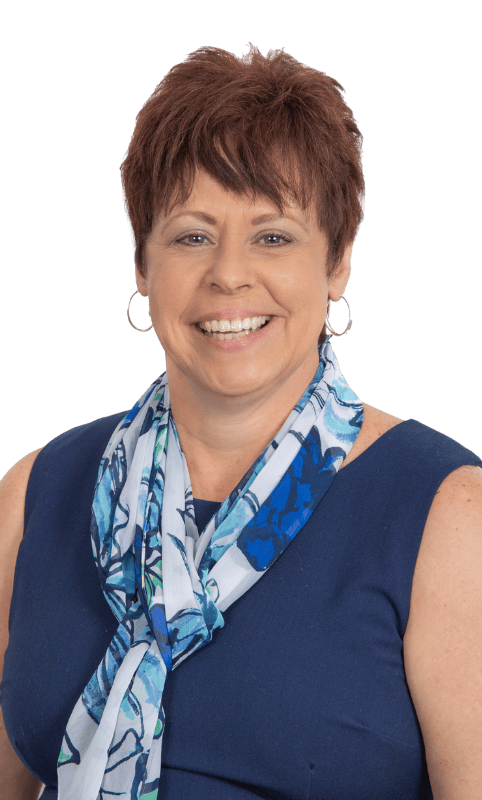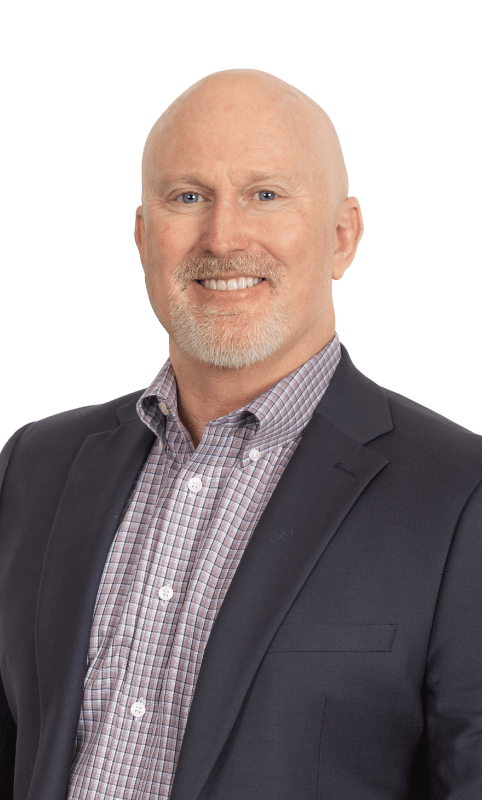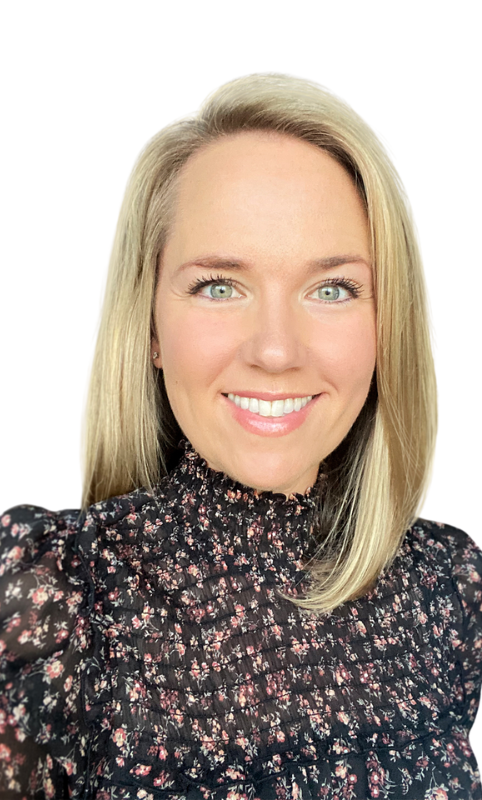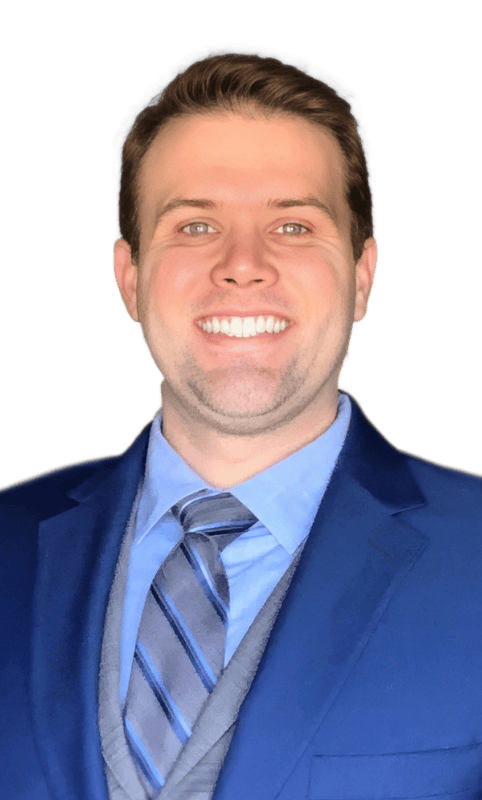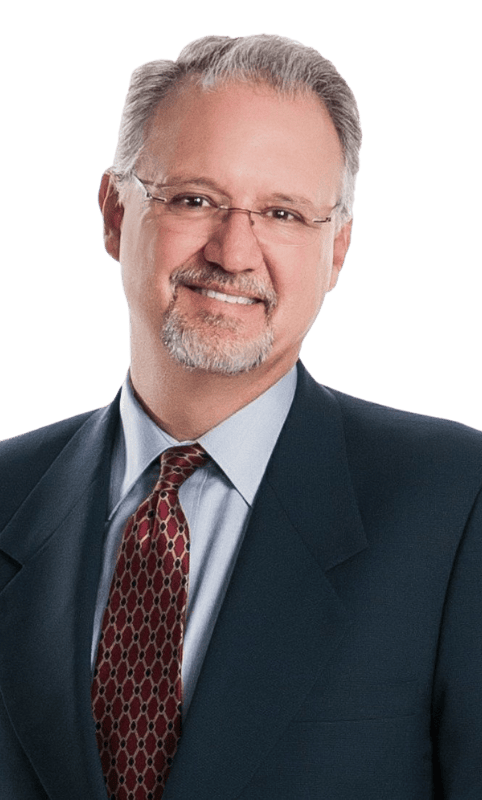Our recent celebration of Mothers Day has gotten me thinking again about the valuable knowledge I gained from my own mom—lessons that are as applicable now as when I learned them. So, I’d like to pay tribute to my mom, who taught my six siblings and me the most enduring financial lessons we’ve ever learned, lessons I think everyone should know. I feel so strongly about it, in fact, that I wrote a book: Mom Was Right: Family Tragedy to Financial Freedom—How a Widowed Mother of Seven Retired Debt-Free. In this article, I’d like to share just a few snippets of what Mom taught us: ideas that can help you improve your financial life, too.
Mark Twain is famously quoted as saying, “When I was a boy of fourteen, my father was so ignorant I could hardly stand to have him around. But when I got to be twenty-one, I was astonished at how much the old man had learned in seven years.” While I suppose that I, like most kids, went through a phase where I thought Mom was “out of it,” I have to admit that just about every time I failed to take her advice on financial matters, it cost me.
Be sure to check all your options before you decide. For example, I’ll never be able to think about a certain 1969 Chevelle Super Sport without remembering my mom’s advice before she helped me buy my first car: “Be sure to check out all your options before you make your decision.” You see, I had my heart set on the AMC Hornet my best friend’s sister was selling. I thought it was cool, and I lobbied hard. Mom mentioned that she knew of a person who had a car for sale that she thought I might like, and I ought to look at it before deciding, but I was adamant, and she helped me buy the Hornet. If I had listened to Mom’s advice, however, I would have learned that the “other” car was an infinitely cooler 1969 Chevelle Super Sport. When I found out what I had missed due to my insistence on making a quick decision, I nearly cried. Actually, I think I did cry, a little. But from then on, I did a much better job of reviewing all my options before making any important decision.
Spend less than you earn. I’ll never forget the day when, just after I took my first job, Mom sat me down at the kitchen table with a white sheet of paper and a pencil. She drew a circle and told me, “Larry, this is your income.” Then she drew another, smaller circle inside the first one and said, “These are your expenses. As long as the expense circle is smaller than the income circle, you’ll be okay.” Then, in the space between the two circles, she wrote, “savings.” What a simple, yet powerful illustration of the two most important principles of wealth-building: spend less than you earn, and pay yourself first. It would be hard to calculate how often this simple advice comes into play in our financial advising work. In fact, such “common wisdom” is rather uncommon, according to recent research. A Bankrate survey from last year found that over half of Americans wouldn’t be able to pay an emergency bill of $1,000 without using a credit card. In my book, I also mention my father-in-law, who was a blue-collar laborer all his life. And yet, even during the occasional layoffs he experienced, he was never forced to do without. Why? Because he was a disciplined saver who always kept his expenses below his income. If more people would employ these two basic principles, we would be a much more financially secure nation.
Measure and manage your money. My mom lost her husband when he was tragically killed in 1965. She was 35 years old at the time. She had very little previous work experience outside the home and seven children who ranged in age from 15 months to 16 years. She also had a passionate desire to provide for her family, and that trait drove her to become methodical, even relentless, about budgeting, planning, and saving. Mom didn’t fear the “b” word; her budget was what she lived by, and she taught her children to do the same. When I got my first paper route, Mom helped me open a checking account so I could better track my income and expenses. And then, when my first statement came, she sat me down and showed me how to balance my account—to the penny, every single month. This was a frustrating exercise for me as a 12-year-old, but I wouldn’t trade the experience for anything. In these days of internet banking and smartphone apps, it has probably been years since most of us actually balanced a checking account, but what Mom taught me by doing it was the importance of knowing where you stand, financially. According to recent figures, nearly a third of Americans say they don’t need a budget. I’m here to tell you: they’re wrong! If you don’t know where you are, how can you figure out if you’re getting closer to where you’re headed?
Let your values dictate your financial planning. I often tell clients that the most important question in financial planning isn’t “how”; it’s “why.” For my mom, the priorities of finance were driven by her determination to take care of her children and her cherished goal of retiring debt-free. These constituted her “why”; her “how” developed from that: disciplined budgeting, living within her means, paying herself first, making wise investments, and all the rest. I believe that the reason so many people get caught in a debt trap is because they’ve allowed present “wants” to overshadow their “why.” In fact, they may have never taken the time to really think about their “why.” In our work with clients, the first thing we establish is the “why”: the most cherished financial goals and dreams. Once we know that, we can help them figure out the “how,” using basic principles like those I learned from Mom.
These are by no means all the valuable life lessons Mom taught me. In fact, they’re not even all the financial lessons I learned from her. But it is certain that without these principles, my life and those of my brothers and sisters would have turned out very differently—and likely not nearly as well.
Our goal at Mathis Wealth Management is to help clients discover and apply these foundational principles to their own financial planning. If you’d like to learn more, get in touch.







